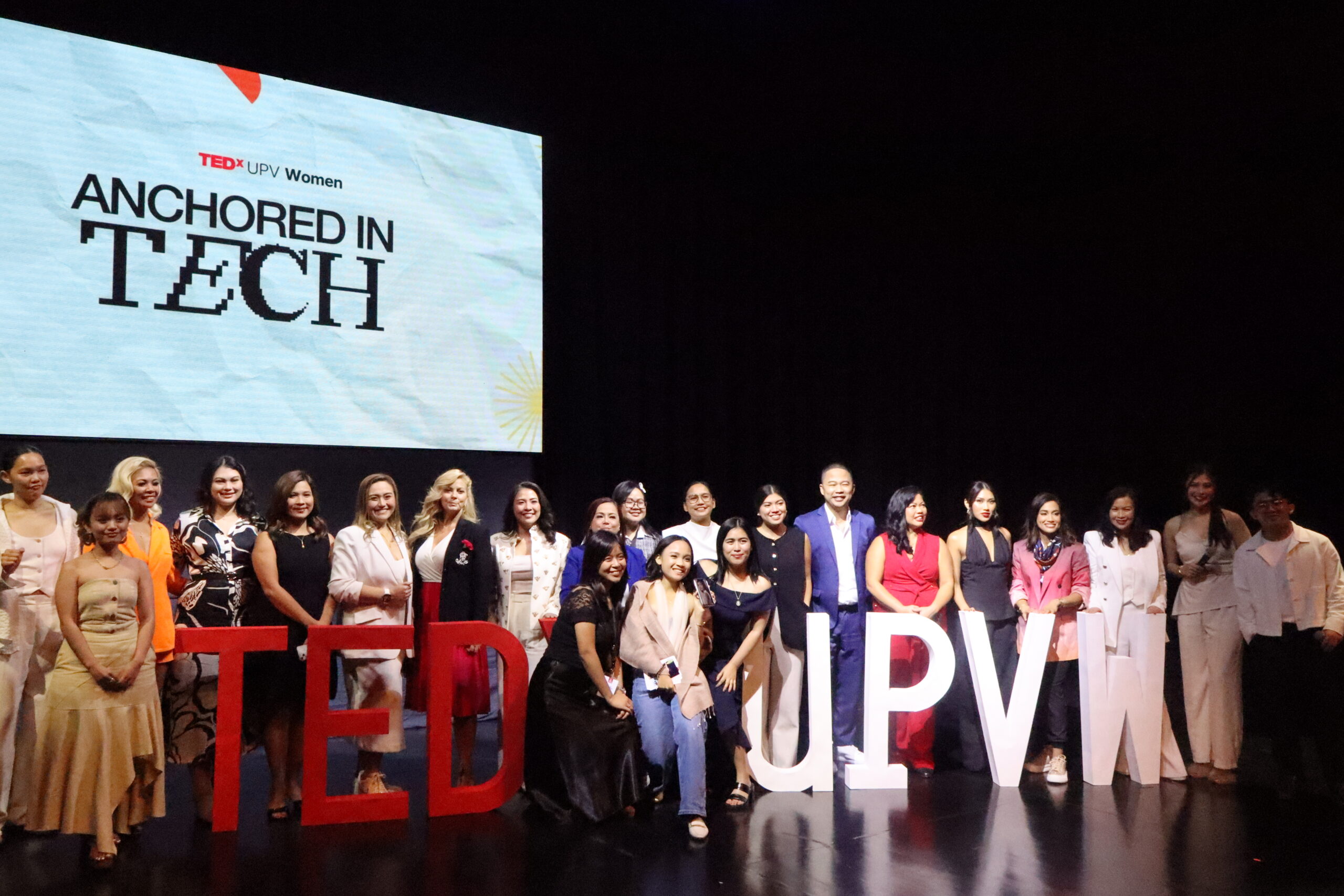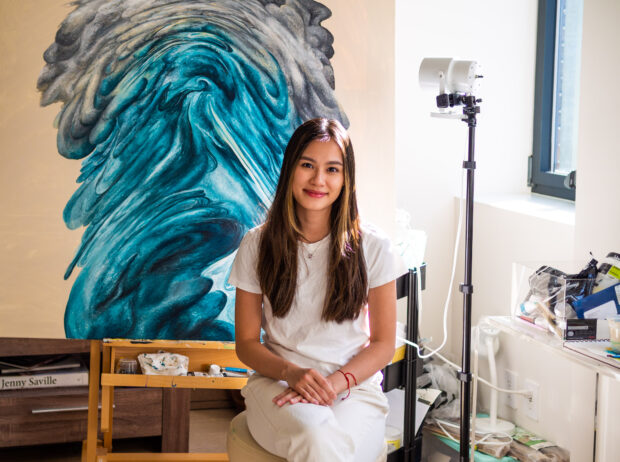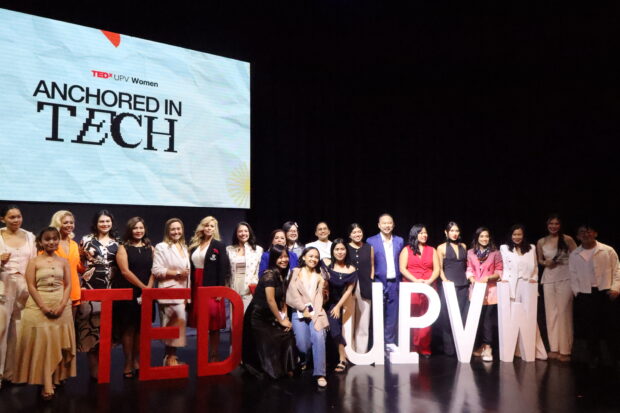Planning for things they want to do when the pandemic ends is a regular topic among active-duty hospital health-care workers.
“It’s what keeps us going,” says Ashley Mae Abesamis, 22, a nurse at the new coronavirus disease (COVID-19) unit of Diliman Doctors Hospital in Quezon City. She hasn’t been home for nearly two months since the outbreak. She feared for the health of her parents and brother, so she has opted to live in the hospital for the time being.
There are many others like her who are missing the comforts of their own beds and the company of loved ones.
“Aside from the quarantine, we also don’t want to possibly infect others,” she says. “My coworkers and I have become each other’s support system. I’m really glad we have each other, even if we don’t get to socialize and share meals because of the distancing protocols. Sometimes when we chat we still have to do it via phone.”
Due to staff shortage and the mounting cases of the virus, Abesamis now works up to 12 hours, five days a week. Her two days off are spent mostly catching up on sleep.
“It’s emotionally and physically draining,” she says. “I’m assigned to the respiratory unit, now the COVID-19 unit. I told my parents only a week ago that that’s where I work. I was scared to tell them. If they had known sooner, I knew they wouldn’t have allowed it. There’s nothing they can do now.”
“I’m lucky, though, that they’re supportive. I’m able to see them briefly when they drop off home-cooked food at the hospital gates. Some of my coworkers’ families live in the provinces so they haven’t seen them at all.” Others have been prevented by their loved ones from going to work altogether.
Abesamis says she and her coworkers have gotten the hang of handling COVID-19 cases, from personal protective equipment (PPE) usage to constant hand washing “until your hands are so dry.”
They’re now also more conscious of the “portal of infection, so we’re very cautious.”
COVID-19 cases have somehow decreased “a bit,” she says, and “we’re constantly updating our protocols. But even after two months, the fear never leaves, so we’re still super careful.”
Many patients don’t feel any symptoms, so they don’t complain, then they suddenly deteriorate. “It breaks your heart to see them struggling to breathe.”

Surrogate kin
The hardest part is giving the bad news to the patients’ families. “Ang sakit sa puso ang magbalita ng ganun, whether it’s just informing them that we have to intubate or their loved one has died.”
Since family can’t be at the bedside of COVID-19 patients, the doctors and nurses become surrogate kin as the patients fight for their lives, says Abesamis.
“When we have recoveries, that’s the best feeling,” she adds.
At the onset she already experienced discrimination on her way to work. Noting her uniform, a jeepney barker stopped her from boarding the jeepney.
“Nakakababa ng morale. Pandidirian ka pa. I hope that the fear doesn’t eat into people’s good sense. I understand their fear, but I hope they don’t discriminate against us. Overstretched na kami. We just need support, apart from their compliance to social distancing. We heard of that incident where a nurse’s neighbors threw bleach at her. That’s why many of us don’t want to go home.”
Despite the challenges, Abesamis has no regrets about her profession. “Nakakapagod, but it’s great to be a nurse, especially now.”
Work abroad is an option for this young nurse “because the compensation is better,” but she has no plans of leaving until the pandemic is over. “Our mindset is, if we don’t go to work, it’s never going to be resolved.”
What gets her through the day is planning when she could bond again and share a meal of samgyupsal with her family, and perhaps take a long vacation.
“When this is over,” she says, “I just want to walk into a convenience store and buy myself a beer!” INQ












































